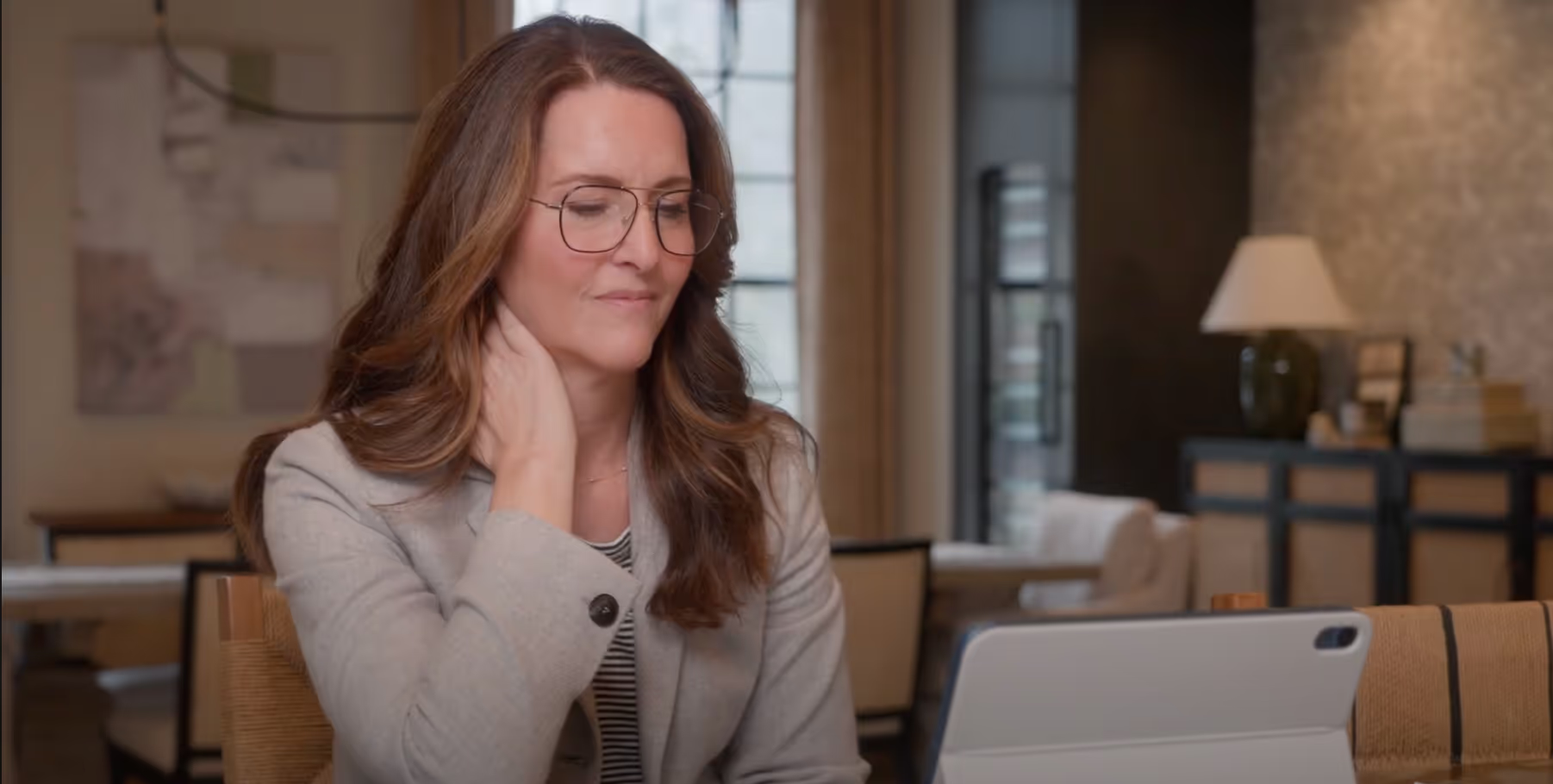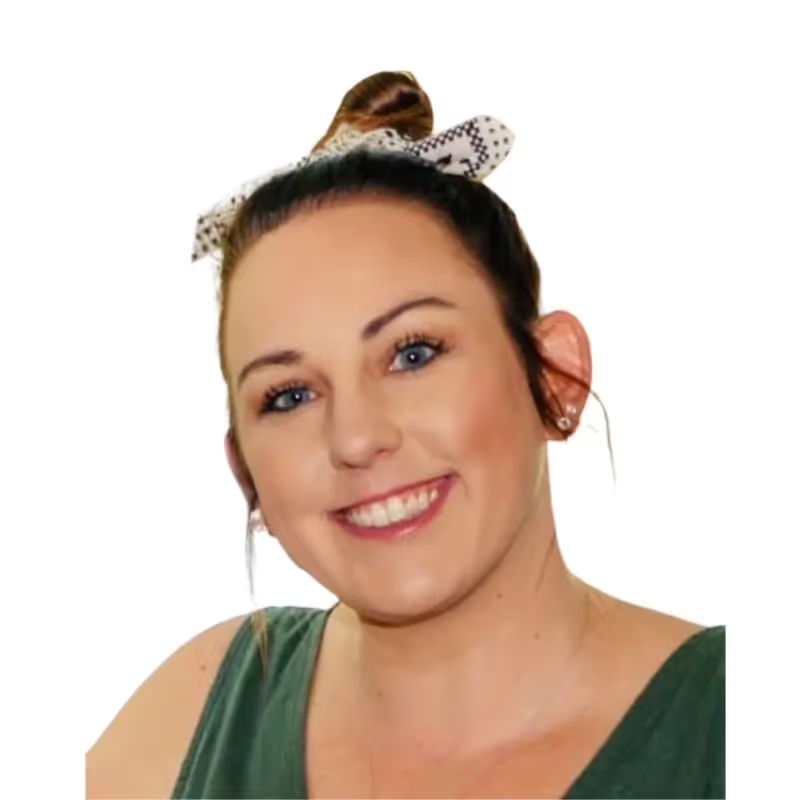This summer, the team from NPR’s All Things Considered shadowed Synapticure’s co-founders Brian Wallach and Sandra Abrevaya in DC and in Chicago. This culminated in three compelling stories that were broadcast last week.
NPR: He was diagnosed with ALS. Then they changed the face of medical advocacy.
-
In part 1 of the radio interview, NPR reporter Juana Summers began with Brian in DC as he spoke to Congressional allies on Capitol Hill about the need to fund ALS research and expedite access to investigational drugs. They celebrated the passage of the AACT for ALS, a piece of legislation Brian co-authored that helps fund access to investigational therapies for people who don’t qualify for clinical trials.
The cornerstone of the DC trip was a flag ceremony on the National Mall, where Brian and other people affected by ALS recounted their stories. The speakers shed many tears, but they also shared steadfast determination to change this disease. Waving behind them in the background were 6,000 flags commemorating the 6,000 lives lost each year to ALS and the 6,000 people newly diagnosed.
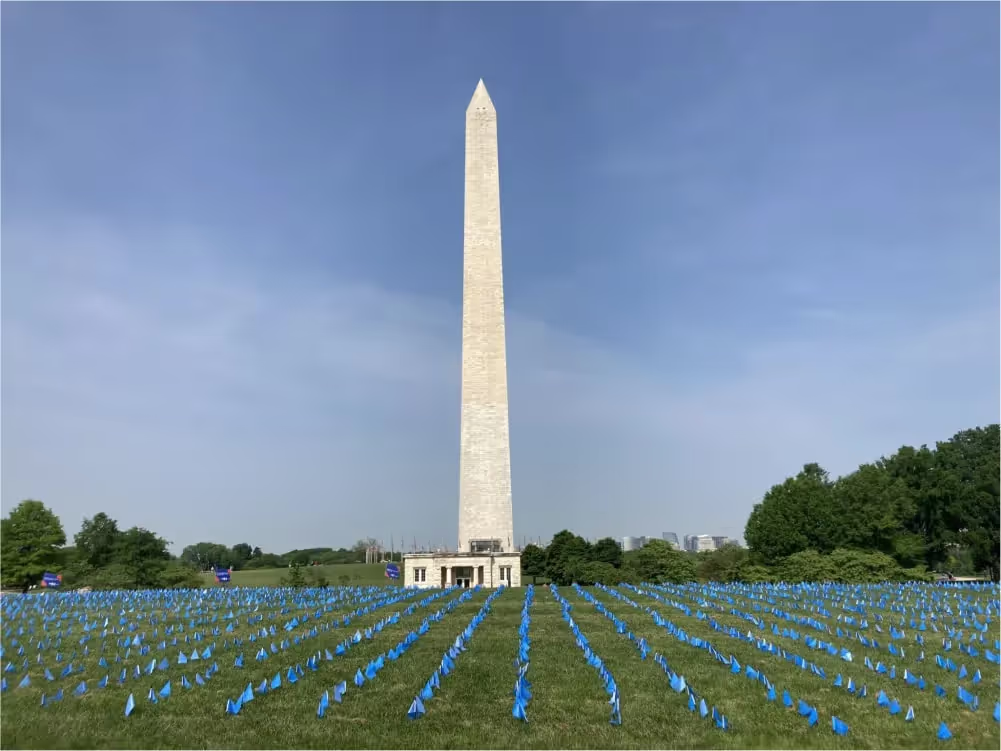
The Impact on the Family
Part 2 shares the raw story about what ALS steals from families, and how Brian & Sandra's love endures despite the challenges. Reporter Juana Summers harkened back to the DC flag event and the many stories people shared about the emotional, physical and financial toll ALS takes on families.
In this second story in the trilogy, Synapticure’s CEO, Sandra, offered a candid glimpse about what life is like when you are the spouse and caregiver of someone with ALS:
“I think the caregiver's day for someone living with ALS is dramatically different based on what your support is in the home…. For several months, I didn't leave Brian's side for a moment. I literally slept by his side to make sure that he didn't have trouble breathing in the middle of the night. And I helped him take his pills. And he couldn't move his arms, and I fed him pill by pill and held the glass of water to his mouth. I prepared his food. I cut it into little pieces so that he wouldn't choke on it. And then I fed it to him, spoon by spoon, and I could not leave the home…. While [caregivers] may not be the one diagnosed, they've been given a sentence too.”
The ALS Club is one that no one wants to join. But once in the club, there’s an unspoken connection that caregivers share. Sandra emphasized to NPR that you have to give yourself permission to feel sadness and anger about what has been stolen.
“[C]aregivers have been made to feel that they cannot say how hellish it is because they think that that is a commentary on their loved one and their desire for that loved one to survive…. And so what I say to Brian is, this is hell, and I still love you. And I will still fight like hell.”
Medical Advocacy
In Part 3, the NPR team celebrates how Brian and Sandra have changed medical advocacy. When they were diagnosed with ALS six years ago, they brought their political and community organizing expertise to the ALS and rare disease communities. Today, it has become one of the most powerful patient-centric advocacy movements ever to impact Capitol Hill.
This third story in the NPR trilogy recounts how Brian and Sandra have testified before Congress on three occasions – each time advocating for expedited access to ALS therapies. Brian’s 2019 testimony opened eyes about what people with ALS think about when they are first diagnosed:
"Sandra and I cried and we held our family tight. We did so because being diagnosed with ALS today is a death sentence. There is no cure. I will not see my daughters grow up."
ALS takes with unrelenting cruelty. Each time Brian’ spoke to Congress, his voice was progressively weaker, until Sandra had to translate his words and speak for him, echoing their joint pleas to Congress. In July 2021, in their testimony, “The Closing Argument for our Lives” they stated: "We want to live. You have the power to make that possible."
Their testimony was so powerful that Congress gave them a standing ovation. To learn more about how they have changed medical advocacy, NPR encouraged people to check out their documentary, “No Ordinary Campaign.”
The Future
Ultimately, when asked about what the future looks like for their family and what fuels their persistence, Brian told NPR:
"I wake up every day, and I realize that I want to live and see many more days, and I want that for every family fighting this disease.”
Their wish is really that simple, Sandra added: "We don't want anything in life except to live. That's the dream. Just to survive." That is why they work with such dogged determination to change the future of ALS and all other neurodegenerative diseases:
“I do genuinely wake up every morning convinced that if I fight hard enough, we still have a chance for him to live and survive this disease,.... And so I throw my whole body, my whole self at this every single day, every single morning, until typically we pass out at night.”
When they were first diagnosed, Brian and Sandra asked, “how can we help other families?” One answer was to change public policy, and the other was to address the gaps in care they discovered when Brian was diagnosed. That is how Synapticure was born, and that is why Synapticure’s team will fight just as hard for you and your family.
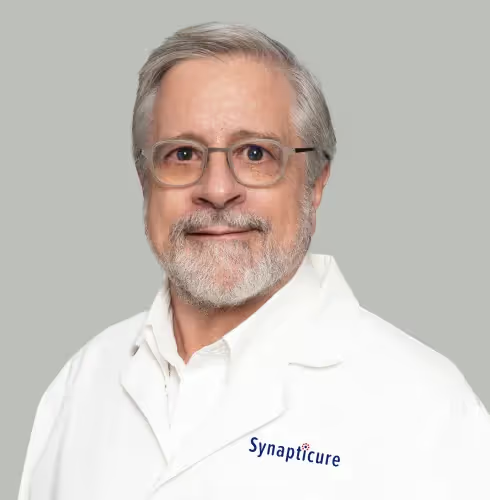
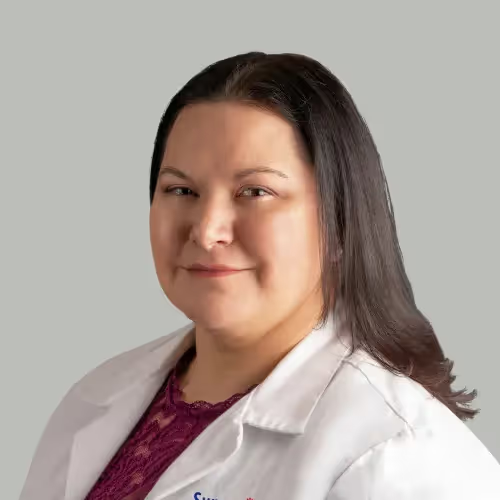
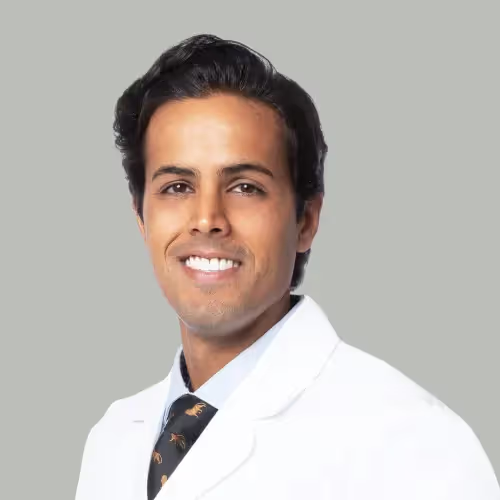



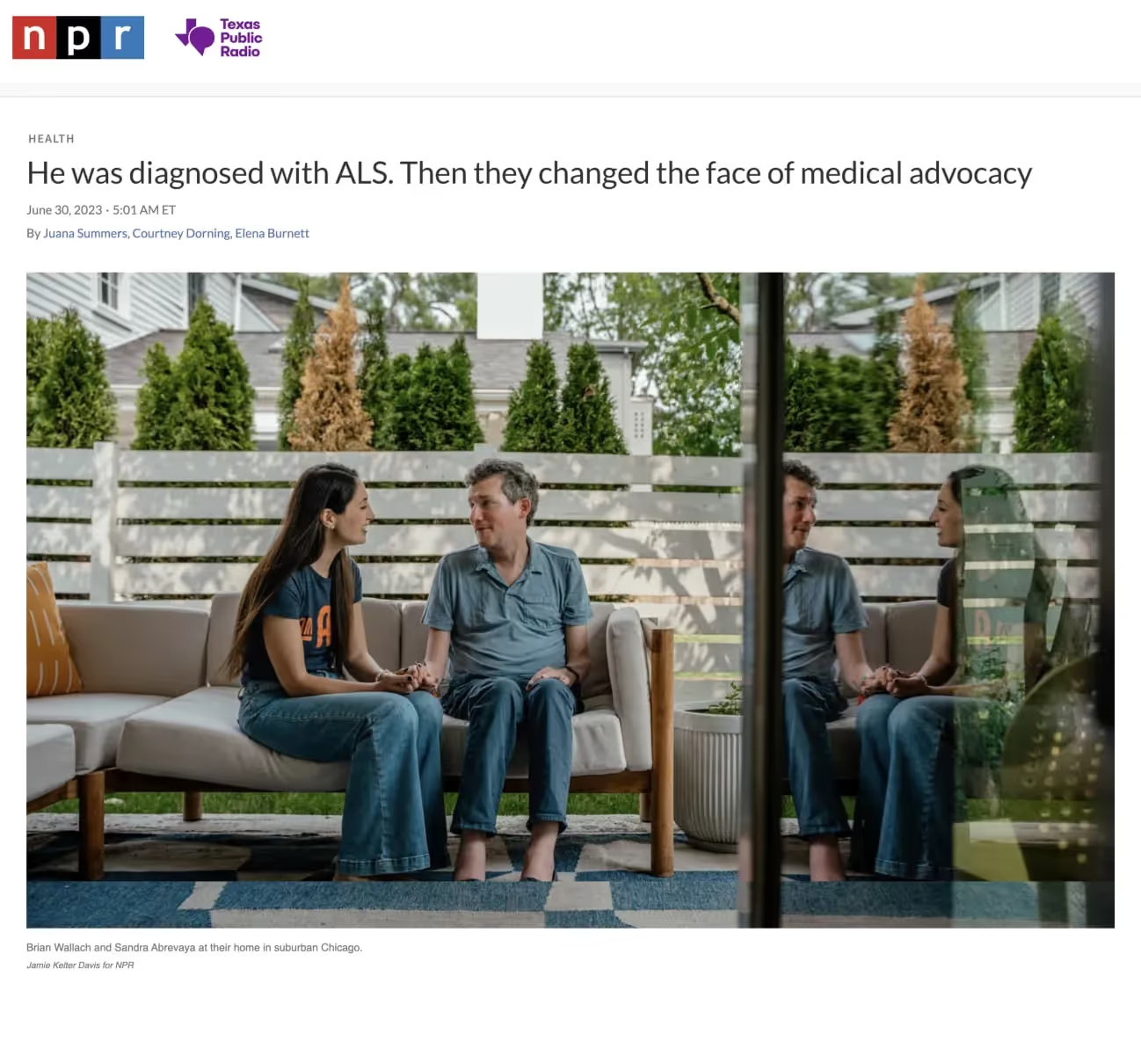




.png)
